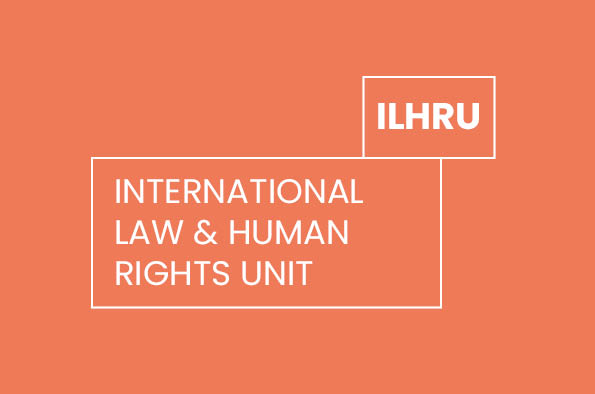
Torture as A Weapon of Fear During Violent Armed Conflict: Impunity under the Failing International
- Marketing, Recruitment and Events
- Admission: Free - please register
- Event website
- Book now
Add this event to my calendar
Click on "Create a calendar file" and your browser will download a .ics file for this event.
Microsoft Outlook: Download the file, double-click it to open it in Outlook, then click on "Save & Close" to save it to your calendar. If that doesn't work go into Outlook, click on the File tab, then on Open & Export, then Open Calendar. Select your .ics file then click on "Save & Close".
Google Calendar: download the file, then go into your calendar. On the left where it says "Other calendars" click on the arrow icon and then click on Import calendar. Click on Browse and select the .ics file, then click on Import.
Apple Calendar: The file may open automatically with an option to save it to your calendar. If not, download the file, then you can either drag it to Calendar or import the file by going to File >Import > Import and choosing the .ics file.
Mushegh Yekmalyan is an independent individual expert of the
European Commission and is a member of the Expert Group for Implementation of the EU Anti Torture strategy. He has over 25 years of hands-on experience in human rights, international
development and technical cooperation.
It appears that the international system that was designed and put in place following WWII, is no longer capable of dealing with the growth of violence and human rights abuses in a number of regions around the globe. It is particularly difficult to maintain the agreed international legal rules, when one of the UN Security Council permanent member states invades a neighbouring country resulting in a violent conflict. This presentation examines the background to the current situation in the Eurasia region examining the South Caucasus and Russian Ukrainian conflict. It will examine how a gradual escalation of those conflicts followed by impunity for human rights violations back in 2014 in Ukraine and in 2020 in Nagorno Karabagh, encouraged an invasion of Ukraine and atrocities of a much larger magnitude starting in 2022. In particular, the presentation will explore the breach of the absolute prohibition of torture and the subsequent situation where the perpetrators of torture do not make any effort to hide their crimes but are openly proud of their actions. The presentation aims to spark a discussion and critical thinking around what can be done to tackle such impunity and bring perpetrators to justice, including undertaking fact –finding and formal documentation of war crimes and torture, and the use of international courts.
